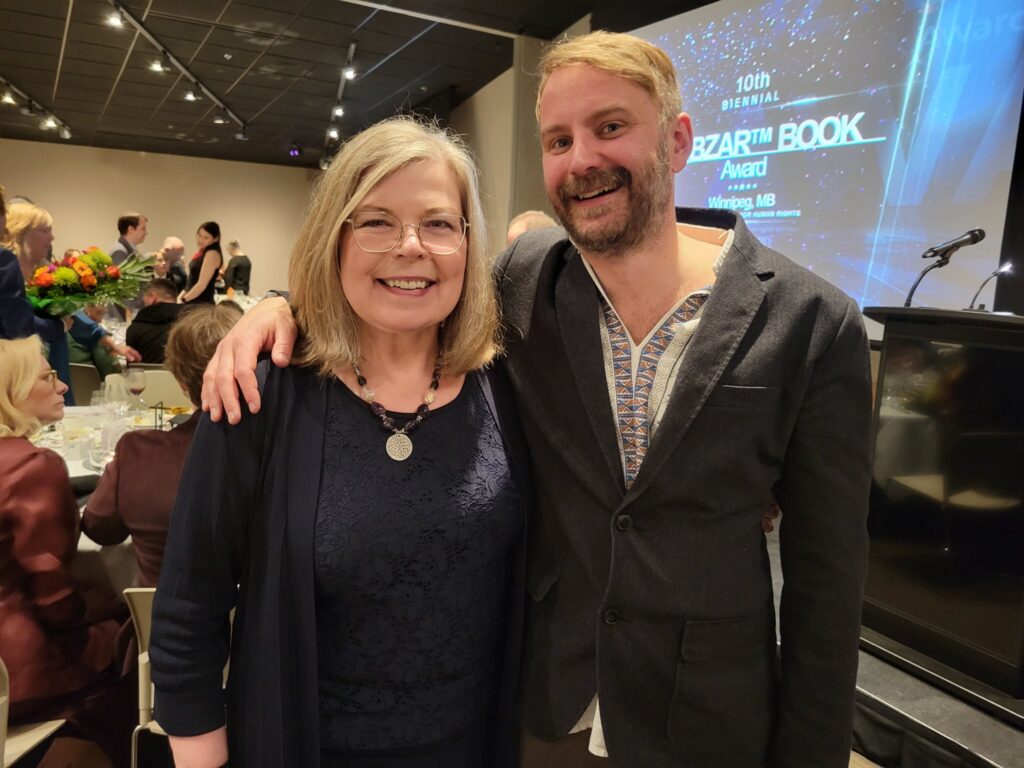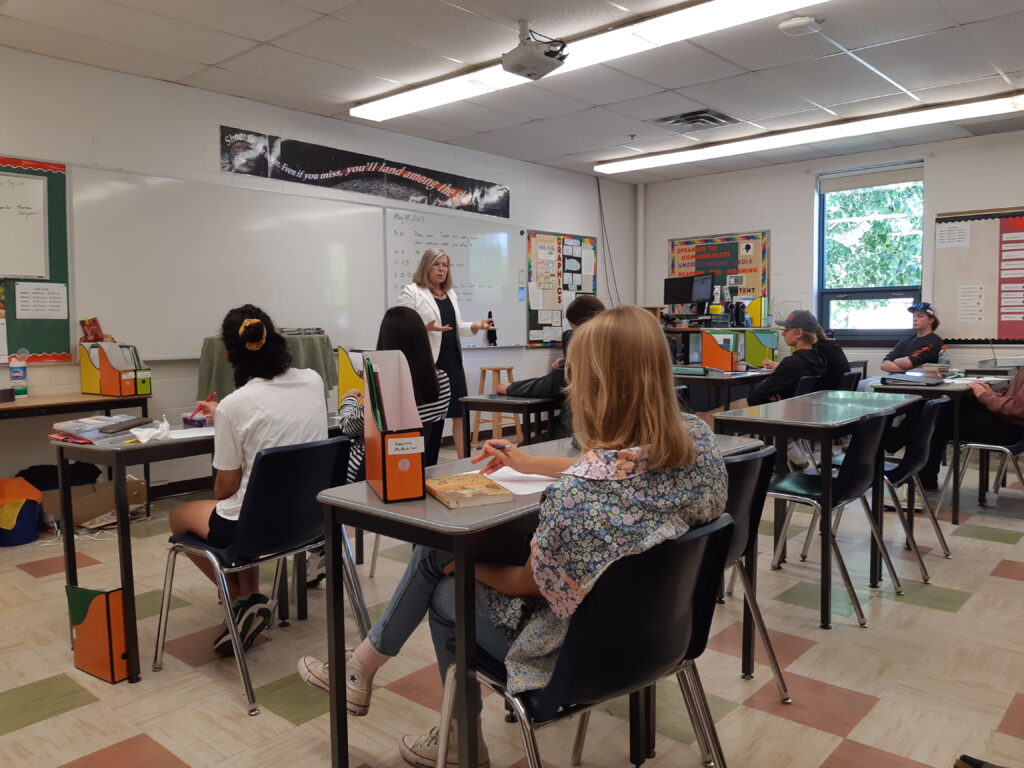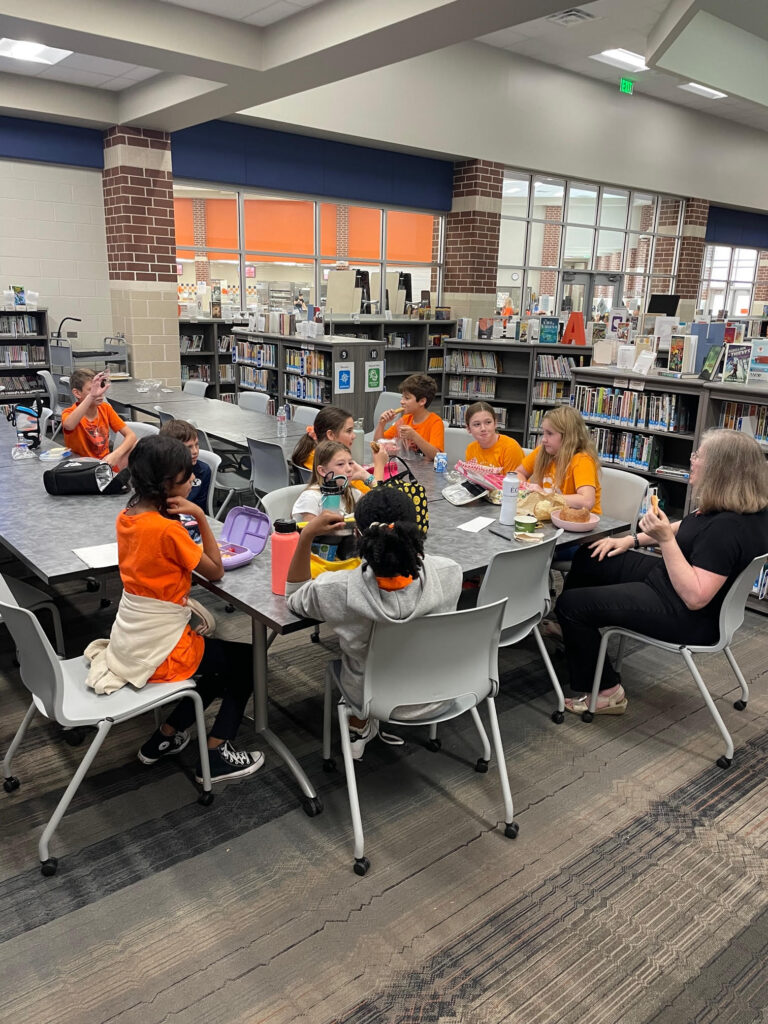Just had a virtual chat with two first-time-published kidcritters and Adrian’s name came up. Then I realized, this lovely pic wasn’t on my website. Adrian has been in my writing group for a very long time and he’s a FABULOUS writer.

writes about war from a young person's view #bannedbyrussia
Just had a virtual chat with two first-time-published kidcritters and Adrian’s name came up. Then I realized, this lovely pic wasn’t on my website. Adrian has been in my writing group for a very long time and he’s a FABULOUS writer.


There are lots of bad habits that can mess up a manuscript, but here are three that often show up in early drafts.
ONE: Exclamation marks
Don’t use them.
You can always go back and sprinkle some in later but try to get away with as few as possible. They are a crutch and each time you use one their effect is diminished. Avoiding them will force you to be a better word-selector.
TWO: Fancy and extended dialogue tags
Don’t laden your dialogue tags with description, (ie she said angrily as she took a sip of her hot cider). The words you put in your character’s mouth should imply the power of their wants/needs/loves/hates and the dialogue itself is implicit action, or SHOWING, whereas dumping info into the dialogue tag is by definition TELLING — and should be avoided.
A quick way of cleaning up about 60% of this is to do a global search on “ily” because you’ll find a lot of the adverbs that way and adverbs are all about telling. Trust your power of good dialogue and avoid the temptation of second-guessing yourself by adding into the dialogue tag what you already make clear with your choice of words and tone in what your characters say. Less is more.
THREE: Dialogue instead of scenes
Do you have pages of solid dialogue? This is a red flag for action that happened in the past. If you find sections of your story that are almost entirely dialogue, check it to see if you’re using dialogue as a scene avoidance technique. While conversation is nominally action, over dependence on dialogue is a way to unconsciously avoid writing a scene.
Every paragraph in a story should include at least one powerful action event. Don’t waste action potential on a scene with two heads yakking at each other after the fact. Plunge your scene in the middle of the action, and then chase your characters, keyboard in hand. Your readers will thank you for that.
Hey Marsha! I’ve contacted you before about a book, and decided to write a new one about XXX, this is what I have for now:
Chapter 1 (page or two of story ….)
My response:
Dear xxx,
First, congratulations on plunging into a story! So many people say they want to write but never get around to actually doing it. But I cannot read your story. If I read every story readers sent me, I wouldn’t have time to write. Years ago, as a solution to wanting to help aspiring writers but not having the time to do it, I created a private online critique group for writers.
You would be welcome to join it once you write the first draft of an entire chapter book and you are age 16 or over (I’d want an email from a parent to confirm permission). The critique group is free, but in order to stay in it, you give other participants feedback on their work in exchange for feedback on yours.
So, in the meantime, happy writing. I look forward to hearing from you in the future.
all the best
Marsha
